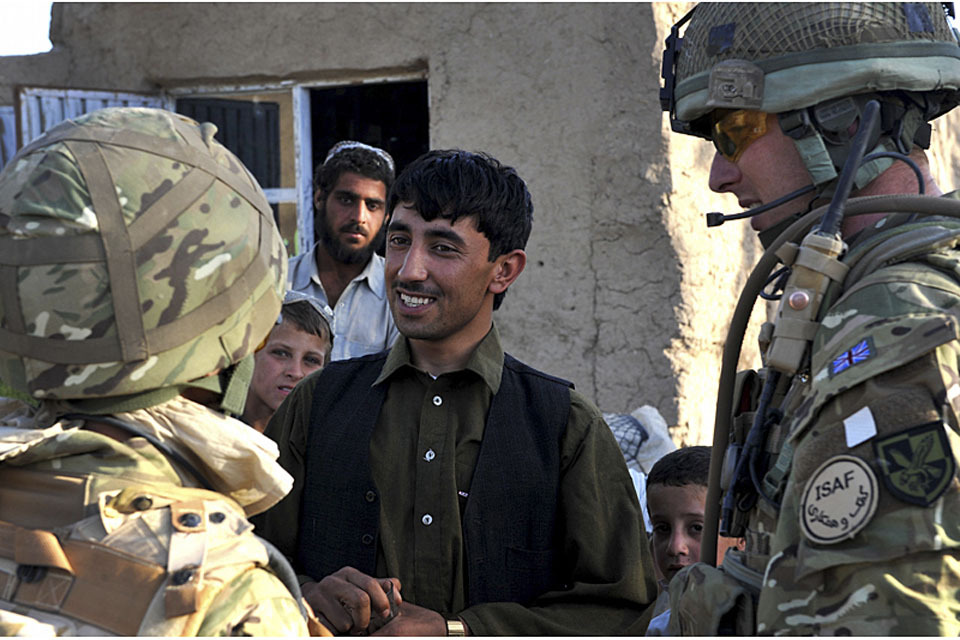The Truth About Britain’s Secret Afghan Evacuation
The Afghan interpreters and staff who helped British forces aren’t migrants to fear, they’re heroes we promised to protect. The secrecy around their rescue wasn’t betrayal. It was survival.
In early 2022, a Ministry of Defence spreadsheet leaked, revealing names, phone numbers and locations of tens of thousands of Afghans who helped UK forces. With their identities suddenly exposed, they became vulnerable to Taliban reprisals. Officials feared this was effectively a Taliban kill‑list. That’s why the government quietly launched a secret rescue, Operation Rubific, later renamed the Afghanistan Response Route. This wasn’t political spin or a refugee-stuffing exercise. It was a mission to protect people who had risked everything for us.
Take Ahmad (not his real name). As an interpreter, he spent years living alongside British soldiers in Helmand, alerting them to Taliban movements and translating intercepted radio. One day, while trying to reach evacuation, Taliban fighters stopped him, saw his Union Jack‑marked military records, and beat him in front of his wife and children, just 20 metres from our own troops.
Or consider “S”. He was the last interpreter evacuated in 2021, raced over barbed wire and smuggled to safety under the cover of night by British soldiers because he’d helped keep them alive.
There’s “Abdul”, remembered by veterans as the man who intercepted Taliban radio codes, shouting warnings like “sniper incoming” and “ambush imminent.” Soldiers say, “He effectively saved our lives”, one wrote to describe his reunion with Abdul in Canterbury, tears and all.
Then there’s Jamil, after working under fire for British troops, he was trapped in Pakistan for two-and-a-half years. He risked arrest and deportation, only escaping thanks to diplomatic intervention. When he finally landed in the UK, he danced a traditional Afghan attan for joy, relief after living in fear.
These aren’t nameless strangers, they are our translators, guides, comrades. They spoke for us, saved us, and even bled for us. Yet some public voices respond with “import the third world, get the third world,” treating them like trouble‑makers or welfare drainers. How can we call for these heroes to be abandoned?
When someone prevents a British soldier from being killed, we don’t call them moochers, we call them heroes. Veterans, cross‑party pollsters and public opinion agree: helping Afghan interpreters is a moral duty, not a political bonus.
Yes, some on the far right howl about “benefits tourism” or “broken borders.” But that ignores the truth: these people aren’t coming because of spreadsheets, they’re arriving because they once carried our radios, shielded our patrols, and literally spoke across bullets for us. The secret rescue wasn’t mischievous, it was necessary, because publicising their identities would have been a death sentence.
If we value the lives of British troops, and if we honour our word, let’s call them what they are: allies who deserve protection, gratitude, and dignity. Not barbs or suspicion.
Let’s rewrite the conversation: our Afghan partners acted with courage and loyalty. The secrecy was protective, not political. The real disgrace would be to dishonour them now.


Comments
Post a Comment